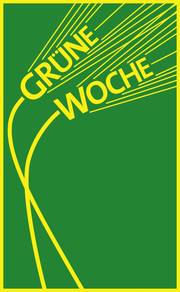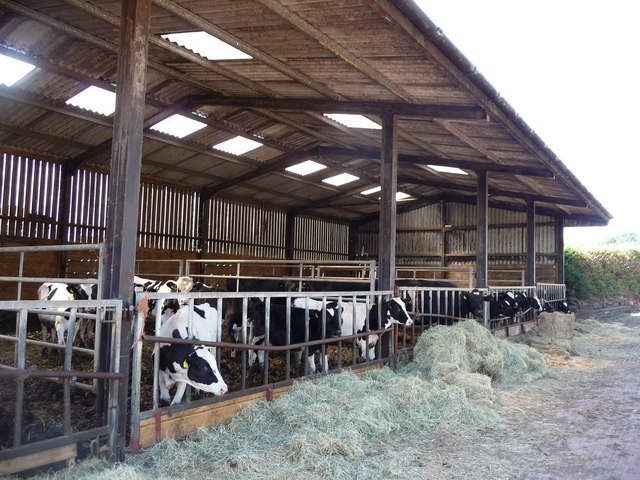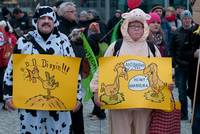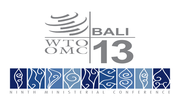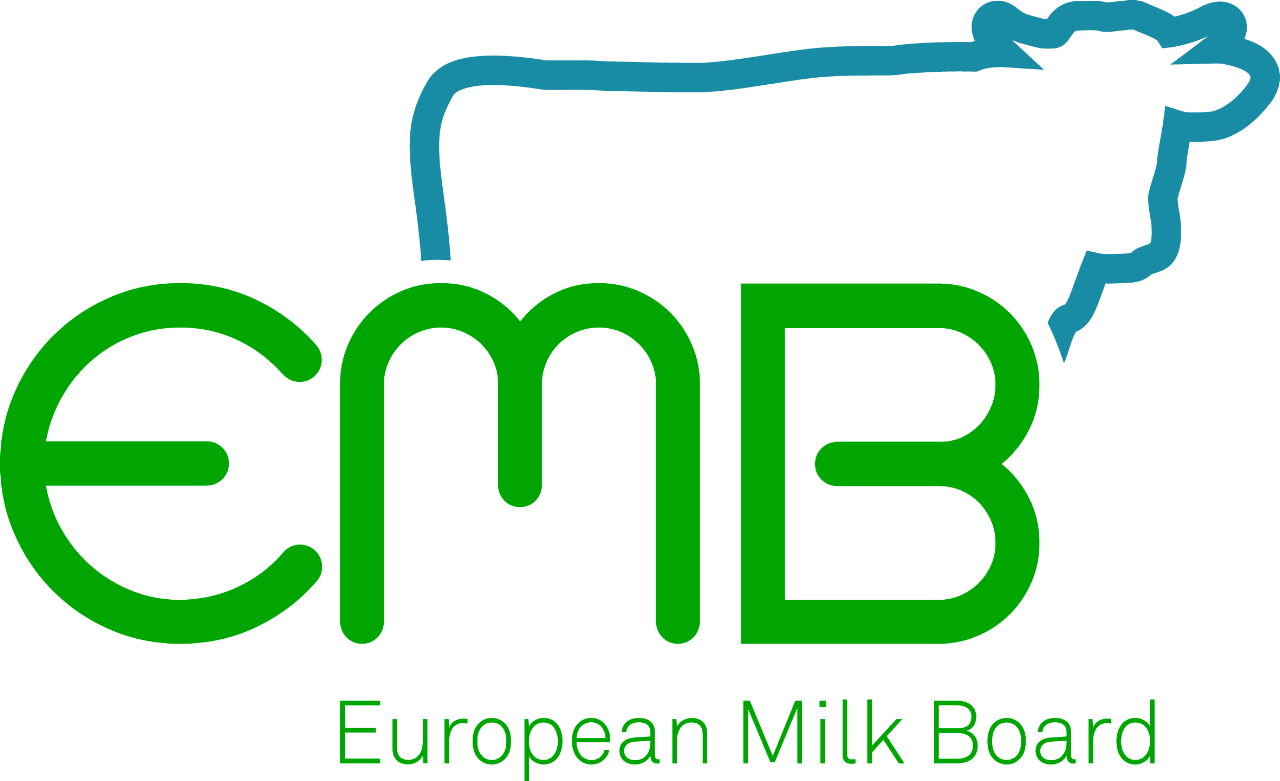EMB Newsletter February 2014
Newsletter as PDF
Contact
European Milk Board
Rue du Commerce 124
B-1000 Brussels
Phone: 0032/2808/1935
Fax: 0032/2808/8265
E-Mail: office@europeanmilkboard.org
Website: http://www.europeanmilkboard.org
Newsletter as PDF
Contact
EMB - European Milk Board asbl
Rue de la Loi 155
B-1040 Bruxelles
Phone: +32 - 2808 - 1935
Fax: +32 - 2808 - 8265
Dear Dairy Farmers and Interested Parties,
The announcement in September to establish a market observatory at EU level to monitor the market situation for dairy products is a welcome development and hopefully the first of many positive developments within milk policy in the EU. Volatility, be it weather, input costs or output prices have been a feature of the Irish dairy landscape since 2006 and will remain a huge challenge into the future. With quota abolition looming in 2015, strong policy decisions will be needed to address volatility at national and EU level to ensure the long term future viability of farming in Ireland and the EU.
The last decade has seen an unstable trend in the prices of both milk and calves, the two main outputs of an Irish dairy enterprise. The removal of price supports has resulted in increased price volatility in European dairy markets which historically, has been more typical of the world dairy market. Record high milk prices were recorded in 2007/2008; they were followed by substantially lower milk prices in a crisis situation thereafter. This has seen monthly average prices increase to more than 40 per cents above the average in 2008 and dip to 50 per cents below the average in the following years. From 2007 to 2013, milk prices at the farm gate in Ireland have fluctuated from close to 40 cents per litre to as low as 20 cents. The recent rise in milk prices in 2013 can be attributed to higher demand for dairy products, lower supply as a result of weather abnormalities across the milk producing nations of the world, increased concentrate feed cost, and exchange rate volatility.
This volatility increases pressure on farm cash flow from year to year, and could result in the exit of many more farmers from the industry. Preliminary estimates for costs of production on Irish dairy farms in 2013 show average costs are 38 cents per litre. This is stark contrast to 29 cents per litre in 2000, this shows that uncertainty from price and input volatility has become commonplace. The rise in production costs had been a stable if not insignificant increase from 2000 to 2006. However, thereafter has seen costs fluctuate year on year but always returning to a higher base.
Ireland’s reliance on the production of commodities for export has increased the sector’s exposure to market uncertainty and, as a result, the Irish dairy sector has seen substantial milk price volatility. In the midst of such volatility, there is a need amongst dairy farmers to adapt their production system and minimise costs in order to ensure their future economic viability. Increased output and input price volatility provides a much more challenging environment and will require improved cost efficiency at farm level. There are serious challenges facing dairy farmers from price and cost perspectives into the future and it is up to the new market observatory to ensure fair and justified returns to dairy farmers for their quality produce.
John Comer (Member of the EMB board and President of ICMSA)
EU-US free trade agreement of no benefit to dairy farmers
The news everywhere in the media at the moment is that the EU and the USA are currently negotiating a transatlantic free trade agreement. In times of severe economic crises in many EU member states, the EU Commission is expecting from it a boost for growth and new jobs in Europe.
What may be good for sectors of the manufacturing industry does not necessarily apply to European milk producers, though. The structure of farms and the constraints on milk production in the EU and the USA are too different. Whereas, for instance, the use of growth hormones to increase meat and milk production is common practice in the USA, it is banned in the EU for good reasons.
Solution for the EU dairy sector within reach for the first time – the European Milk Board’s demands heard by politicians
The following press release was published at a press conference on the occasion of the International Green Week in Berlin on 16 January 2014.
2014 will be a key year for European milk production. After the tough negotiations on the Milk Package and the CAP, a solution for the EU milk market is now within reach for the first time. In the next few months, the EU Commission intends to table proposals for a market monitoring agency in the milk sector – something that has been demanded by the European Milk Board (EMB) for years could become a political reality.
MEG Milch Board study on the economic situation of dairy farms in Germany
The milk production cost study and the resultant Milk Marker Index (MMI) showed that for several years now dairy farms have had to face a continuing shortfall in covering their costs. No wonder, then, that many dairy farmers are giving up: between 2005 and 2012 alone the number of farms plummeted from 110,000 to 84,900. According to AMI figures there are now barely 80,000 dairy farms in Germany (as of Dec. 2013).
30,000 people demand: Stop the agroindustry!
The following press release was issued on the occasion of the “We’ve had enough!” demonstration in Berlin on 18 January 2014.
Led by hundreds of farmers and 70 tractors, 30,000 people demonstrated outside the Chancellor’s office in Berlin today. The demonstrators called upon Federal Chancellor Merkel and Vice-Chancellor Gabriel to overhaul the agricultural policy. Instead of carrying on operating “clientele politics for the agricultural industry” the federal government ought to champion a social, animal-friendly and ecological shift in agriculture.
New WTO mini trade agreement adopted in Bali
In the second half of December there were media reports like: “WTO concludes historic trade agreement”. The devil is in the detail, though: the agreement contains just ten individual agreements on issues that are too limited. They include the simplification of customs formalities in trade and better market access for the poorest developing countries to emerging and industrialised countries.
EMB Board meets Lithuanian dairy farmers at Green Week in Berlin
On 17 January, members of the EMB Board met a high-ranking delegation of the Lithuanian Chamber of Agriculture on the fringe of International Green Week in Berlin. Besides the current situation in the EU milk market and potential risks for milk producers in Europe posed by a future free trade agreement with the USA, they discussed the possibility of the Lithuanian milk producer organisation becoming a member of EMB.
EMB Calendar
These are some of the most important dates for the EMB Board in February 2014:
19.02.: Meeting with the Polish milk producers’ association PFHBiPM in Warsaw
25.02.: BDM dairy farmers day in Karow, Germany
27.02.: Press conference at the Salon internationale de l’agriculture in Paris
27.02.: Meeting with the Norwegian farmers’ union in Oslo
Full Texts
EU-US free trade agreement of no benefit to dairy farmers
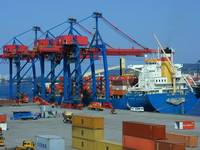
The news everywhere in the media at the moment is that the EU and the USA are currently negotiating a transatlantic free trade agreement. In times of severe economic crises in many EU member states, the EU Commission is expecting from it a boost for growth and new jobs in Europe.
What may be good for sectors of the manufacturing industry does not necessarily apply to European milk producers, though. The structure of farms and the constraints on milk production in the EU and the USA are too different. Whereas, for instance, the use of growth hormones to increase meat and milk production is common practice in the USA, it is banned in the EU for good reasons. With the conclusion of the free trade agreement the fear is that the governments will agree on the lowest standards, of advantage solely to the agricultural industry. This could compromise consumer protection in the EU, where it is based on the precautionary principle. The consequences of the resultant price war and the loss of trust among European consumers would be unforeseen for family farming in Europe.
Another problem of the EU-USA free trade agreement is EU border protection with dairy products. Unlike most industrial products, sizeable duties are still levied on dairy products imported into the EU. Maintaining this border protection by customs duties is crucial to the European Milk Board’s central demand for flexible supply management in the EU milk market. Should it become possible in future to import into the EU without or with very low duties on the level of world market prices, the aim of cost-covering prices for milk producers in the EU would become remote.
This would open the floodgates even more to the agroindustry’s plans for an ever increasing concentration in the dairy market and the disappearance of smallholding agriculture. As the official name of the free trade agreement – Transatlantic Trade and Investment Partnership – already indicates, it is not solely about free trade, instead it is mainly about promoting and securing industrial investments. This does not, of course, exclude dubious agricultural industry investments.
The worst thing about this free trade agreement between the EU and the USA, however, is that the EU Commission is negotiating with the US government behind closed doors. There is no provision for maximum transparency with the disclosure of all documents and texts of the negotiations, as is usually the case with national and EU legislative processes. The absolute primary concern must therefore be the demand that the negotiation process be made accessible to the public. Only in this way will it be possible to realise the dangers to which European dairy farmers will be exposed. Should that not be the case, our democracy is fundamentally put at risk.
There has already been one small success resulting from public outrage over the negotiations on the free trade agreements. The EU Trade Commissioner Karel de Gucht announced that from March 2014 there will be a public consultation on planned investment protection clauses in the agreement. It is feared on many sides that, because of these clauses, governments could be sued by companies before private courts of arbitration if they were of the opinion that legal provisions, e.g. of an environmental nature, jeopardised the profitability of their investments. This could crucially restrict governments’ legal room for manoeuvre.
The EMB has allied with other civil-society organisations in Europe to follow the course of the negotiations in Brussels closely. At its Members' Assembly in spring, the EMB will adopt a position paper on the planned free trade agreement.
Christian Schnier (EMB)

